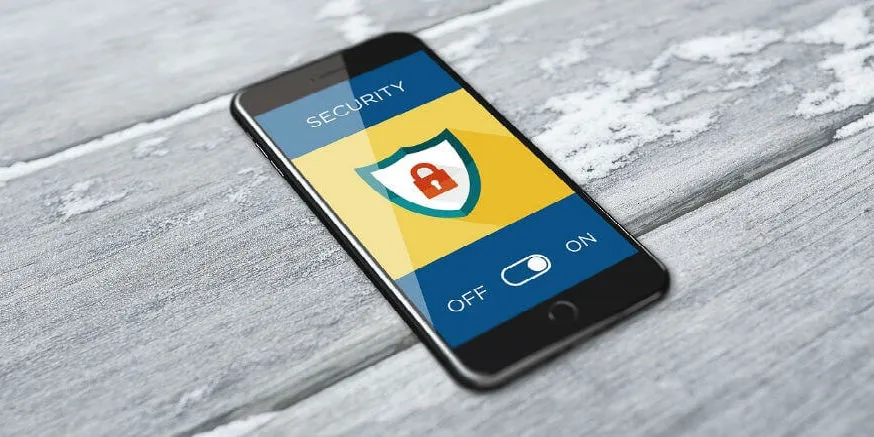It’s common knowledge that security breaches can be costly and downright disastrous for a brand’s public image and trustworthiness. Think of the Starbucks app debacle of May 2017, when hackers accessed the app and loaded money using the credit cards on file for hundreds of different customers. That single incident had coffee drinkers uninstalling the app in droves, while the Starbucks customers who kept the app on their devices had their trust seriously rattled.
Now, there’s a new tool that companies are using to protect their digital assets, websites and applications. Artificial intelligence (AI) has many potential applications, but the possibilities are especially pronounced in the constantly-evolving realm of cybersecurity. In fact, AI’s ability to adapt algorithms in response to real-time trends and patterns makes this technology particularly well-suited to security.
Artificial Intelligence and Cybersecurity: How It Works
Artificial intelligence can include many parallel technologies, such as machine learning and predictive analytics, which is useful for making predictions surrounding security-related trends and vulnerability levels. AI technology goes one step further by recommending or even implementing changes in response to the predictions set forth by a predictive analytics engine.
As with all custom-developed interfaces, it’s possible to customize your AI platform so it recommends changes instead of automatically implementing them. This allows for a greater level of human oversight and control—an issue that is of serious concern to developers, who may break into a fit of hives at the thought of technology with self-programming capabilities. This concern is especially pronounced when considering cybersecurity due to the high stakes and the tremendous potential for financial loss and damage to a company’s brand and image.
In addition to identifying and implementing potential improvements and enhancements to your website, artificial intelligence also has the power to help identify vulnerabilities, security “holes” and “backdoors.” For instance, you might use an AI platform to mimic the behavior of users in an attempt to find any weak points or vulnerabilities. This application of artificial intelligence can be especially useful because it cuts down the time and money spent on “ethical hackers”—hackers who use their talents to help companies identify vulnerabilities.
How to Determine if AI is Right for Your Cybersecurity Needs
AI isn’t necessary for every app or platform, but there are many advantages to using this technology. Consider the following questions to determine whether AI may be beneficial for your company’s app, website or software:
- Do you have clearly defined security objectives? In order to be effective, an AI platform must be programmed to include one or more specific goals or objectives. This gives your AI technology the ability to perform or recommend actions that align with those goals.
- Are you facing a fast-evolving cybersecurity environment? Some companies and organizations deal with a unique and dynamic cybersecurity environment. The financial and banking sector is an example of a niche that sees rapid security-related evolutions. AI enables you to respond and adapt to these continual changes in an efficient manner.
- Is cybersecurity a serious concern for your company? Not every company faces major cybersecurity challenges. This may be a result of your business niche or the manner in which your technology has been configured, amongst other factors. Whatever the case, you’ll want to ensure you can justify the cost and effort associated with implementing and maintaining AI technology. In other words, it’s wise to verify that you’re making a worthwhile investment.
Artificial intelligence isn’t alone when it comes to the world of cybersecurity. Many companies are turning to new, highly secure technologies such as blockchain. In fact, there are some rather innovative uses for blockchain in the mobile app realm.
These cutting-edge technologies can truly transform your business and the community it serves. But you need the right development team to craft a customized solution that meets your precise needs and requirements. At 7T, our developers work with a number of emerging technologies, including artificial intelligence, predictive analytics, augmented reality, virtual reality and natural language processing.
Based in Dallas, 7T serves clients across Texas, including Austin and Houston. But our clientele isn’t limited by Texas state borders, as we work with clients throughout the United States. Reach out to our team today to discuss your development project.










